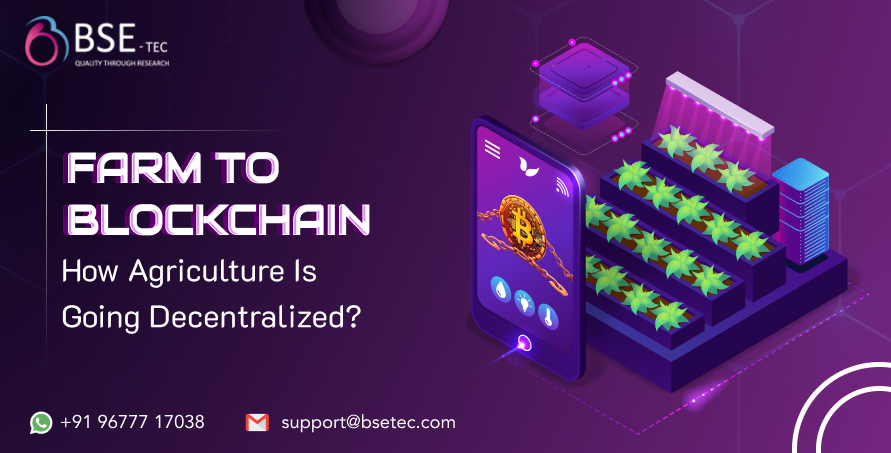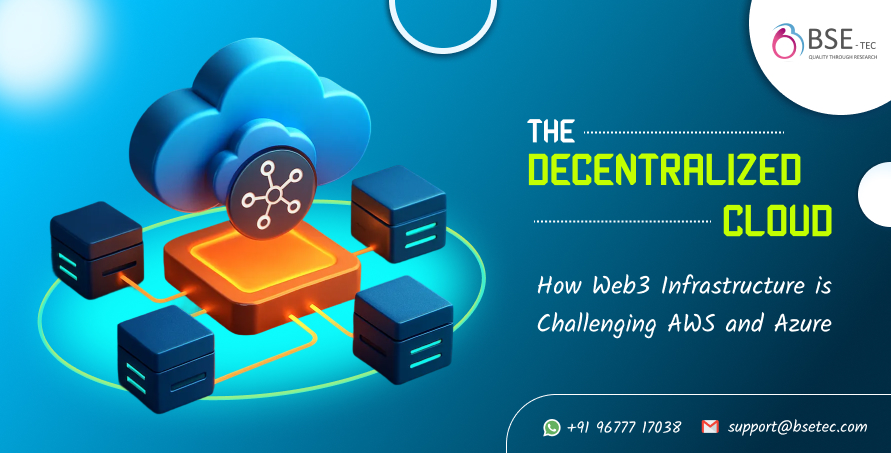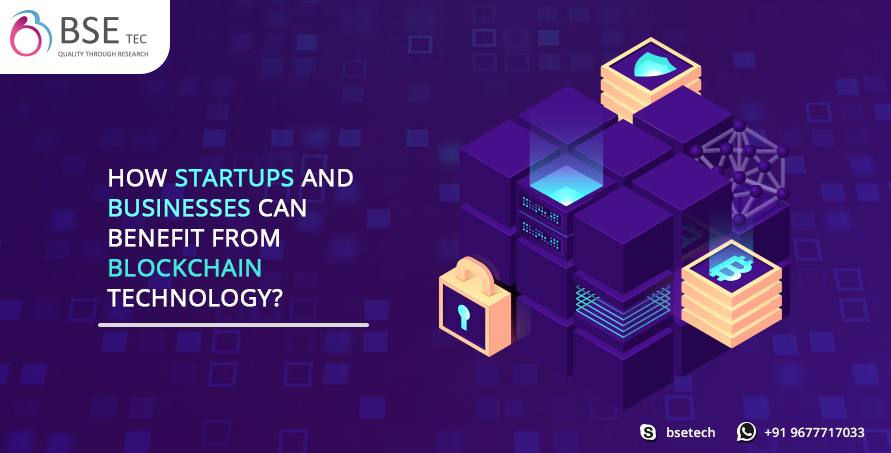
One of the most disruptive innovations is the use of blockchain in agriculture—enabling transparency, traceability, and decentralization. Welcome to the era of “Farm to Blockchain” — where decentralized systems are changing the way we grow, track, and consume food. This shift is not just about innovation; it’s about transparency, trust, and empowerment.
What is Blockchain, and Why Does Agriculture Need It?
At its core, blockchain is a decentralized ledger—a secure, immutable record of transactions distributed across a network. It removes the need for a central authority and ensures transparency across all participants.
In agriculture, blockchain can solve persistent problems:
- Lack of transparency in food sourcing
- Fraud and contamination in supply chains
- Delayed or unfair payments to farmers
- Overuse of chemicals and false organic labeling
- Supply chain inefficiencies and food waste
Farm to Blockchain: How It Works
Let’s break down how blockchain integrates into each step of the agricultural supply chain:
1. On the Farm
Sensors and IoT devices collect data on:
- Soil quality
- Crop health
- Water usage
- Pesticide application
This data is recorded on a blockchain in real time, creating a verified agricultural profile for each crop.
2. Harvest and Processing
Farmers upload harvest data to the blockchain, including:
- Harvest date
- Storage conditions
- Batch numbers
Processors can scan QR codes to verify crop origins and ensure quality, while consumers can later trace back every step.
3. Logistics and Distribution
Blockchain-based smart contracts automate payments and trigger updates across the supply chain. If produce spoils or delays occur, it’s recorded immutably—ensuring accountability.
4. Retail and Consumer Access
Imagine scanning a QR code on a tomato at the supermarket and seeing:
- Which farm it came from
- What fertilizers were used
- Its carbon footprint
- When it was picked
This level of transparency builds consumer trust and rewards ethical producers.
Fewer of real-world examples involves ,IBM Food Trust has been used by many companies and fewer popular companies like Walmart and Nestlé, this blockchain platform tracks food products from farm to shelf, reducing recalls and increasing trust.
Even certain companies use blockchain to handle contracts, payments, and inventory in grain supply chains, ensuring farmers are paid instantly upon delivery.
Benefits of Decentralized Agriculture
- Farmer Empowerment: Farmers can directly connect with buyers, receive fair payments, and build credibility.
- Food Safety: Transparent records reduce contamination risks and improve recall accuracy.
- Reduced Waste: Better tracking = optimized supply chains.
- Consumer Trust: People know what they’re eating and who grew it.
- Sustainability: Encourages responsible farming through verifiable data.
The Future: DAO Farming & Tokenized Crops?
As blockchain matures, we may see:
- Decentralized Autonomous Organizations (DAOs) where communities govern agricultural projects collectively.
- Tokenized commodities: Buy tokens that represent actual crops or land shares.
- NFTs for produce provenance: Ensuring authenticity and even premium pricing for specialty or organic goods.
How BSEtec is Transforming Agriculture with Blockchain
1. Smart Contracts for Fair Farmer Payments
BSEtec designs Ethereum-based smart contracts to automate payments to farmers. Once harvests are verified and delivered, payment is released instantly—no middlemen, no delays.
2. DApps for Farm-to-Fork Traceability
BSEtec builds customized DApps (Decentralized Applications) that allow:
- Farmers to upload real-time data (harvest dates, soil treatment, organic inputs)
- Retailers to track products across the supply chain
- Consumers to scan a QR code and view the full product history
Tech Stack Highlight: Solidity + IPFS + React Native = Fully traceable mobile solution for organic produce markets.
3. IoT + Blockchain Integration
Using BSEtec’s blockchain platforms, sensor data from IoT devices (e.g., temperature, humidity, pesticide use) is stored on-chain. This prevents data tampering and enables precision farming and compliance monitoring.
Tech Partnership: BSEtec collaborates with hardware providers to integrate IoT sensors directly into their blockchain platforms.
4. NFTs & Tokenization of Crops
BSEtec is exploring tokenized agriculture, where each crop batch can be represented as a non-fungible token (NFT) or utility token, allowing:
- Fractional investment in crops or farmland
- Verified ownership and origin proof
- Premium pricing for rare or organic produce
5. Agri-DAOs (Decentralized Autonomous Organizations)
BSEtec supports the development of Agri-DAOs, where communities of farmers and agri-investors can vote on production, pricing, and supply decisions—without centralized interference.
Thus, Overall Cultivate your trust with BSEtec ,”Farm to Blockchain” isn’t just a tech trend—it’s a new philosophy for food. It brings trust, traceability, and transparency to an industry that feeds the world but has long struggled with opacity.
By decentralizing agriculture, we’re not just upgrading supply chains—we’re restoring agency to farmers, empowering consumers, and healing the disconnect between plate and planet.
The revolution is already underway. The next time you bite into a fruit, imagine knowing its full story—from seed to store to you ,Time to upgrade your business with blockchain and book your free consultation slots with BSEtec
Did you find this article useful? Let us know by leaving a comment below, or join us on Twitter and Facebook.


